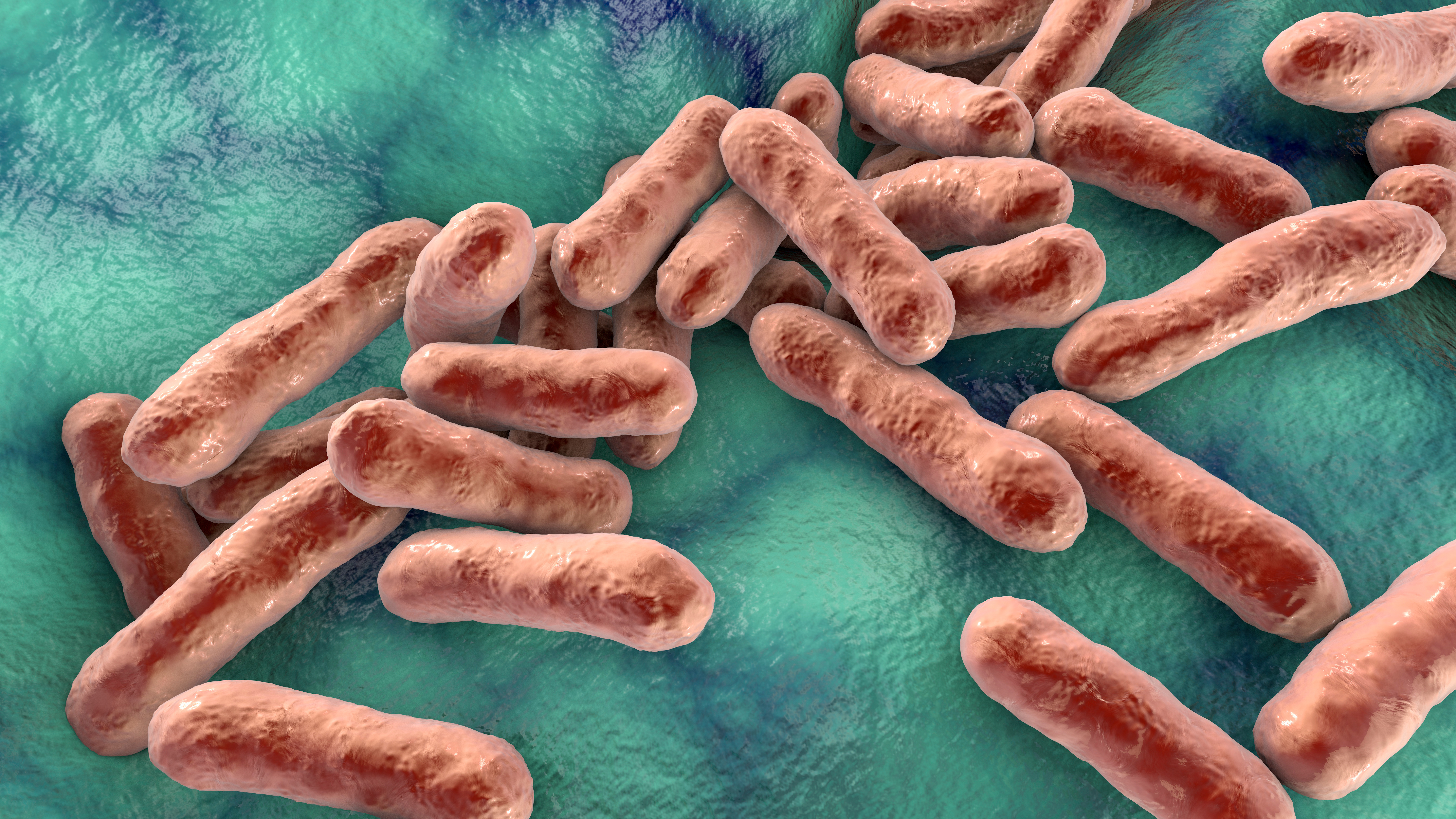
In an article published in The Conversation, researchers revealed how Cutibacterium acnes bacteria may be responsible for triggering the production of lipids that maintain the skin barrier. The researchers explained that lipids such as fats, oils, and waxes provide a protective barrier on the outermost layer of the skin. When the skin’s lipid composition is disrupted, individuals may be at a higher risk of developing diseases like eczema and psoriasis. In a new study, published by Almoughrabie et al in Science Advances, researchers exposed keratinocytes to various naturally occurring bacteria on the skin and examined the changes in lipid composition. Following exposure to C acnes, researchers observed a threefold increase in the combined number of ceramides, cholesterol, free fatty acids, and triglycerides. They discovered that the increases in lipids were the result of a greater C acnes–induced production of propionic acid—which led to an acidic skin environment, heightened lipid content in the skin cells, limited pathogen growth, and led to anti-inflammatory effects in the gut. The researchers concluded that the presence of C acnes may help contribute to a more balanced skin microbiome.